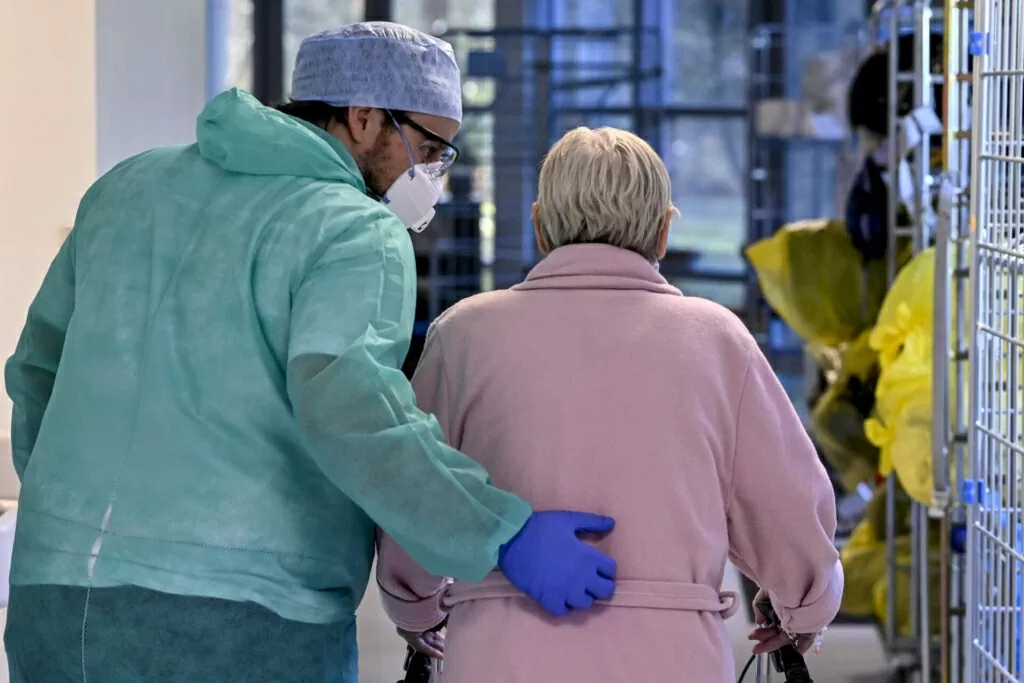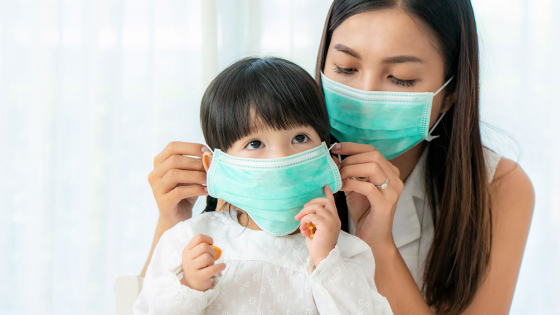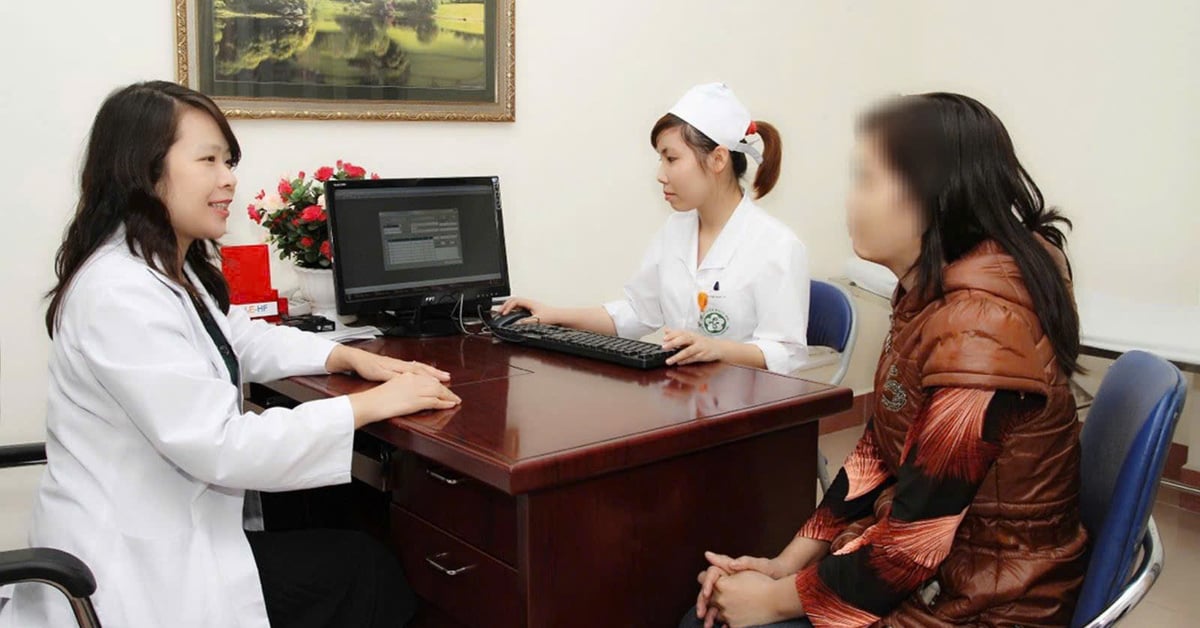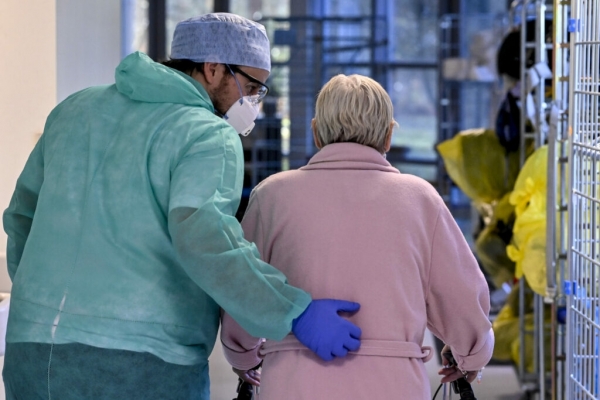A surge in flu cases is putting Belgium's health system on alert. Experts are calling it the "worst flu pandemic since Covid-19"
 |
| The number of people visiting doctors with flu-like symptoms in Belgium has reached 1,199 per 100,000 inhabitants this week. (Source: Belga) |
Weekly data from the Institute of Public Health (Sciensano) shows that the rate of people visiting the doctor with flu-like symptoms reached 1,199 per 100,000 inhabitants this week, double the peak of the previous flu season. The rate is considered “exceptionally high” and could be even higher due to incomplete data.
Hospitals are struggling with overcrowding. The flu hospitalization rate is 6.6 per 100,000 people. While that’s down slightly from last week, hospitals are still struggling with a shortage of beds.
Olivier Rubay, representative of the University Hospital of Liège (CHU de Liège), said that the hospital is witnessing overload in all departments, emphasizing that the hospitals are full of patients and transferring patients to other hospitals is not feasible because all are overloaded.
The situation is made worse by staff shortages as some health workers also contract the flu. Health workers are overworked and under pressure.
What makes the situation particularly difficult is that the succession of respiratory viruses has left health workers with very little time to rest in the past few weeks, according to Dr. Julien De Greef, an infectious disease specialist at Saint-Luc University Hospital in Brussels.
Another concern is that this year's flu virus appears to be more dangerous. According to one general practitioner, patients typically need to be treated for five to six days.
The paradox is that many sick people cannot stay home long enough to recover and prevent the spread of the virus. Despite the recommendation that sick people stay home to limit the spread of the disease, the lack of effective support for disadvantaged workers, especially the self-employed and those who work irregular hours, is causing financial hardship for them. This forces many to go to work even when they are not yet recovered, increasing the risk of spreading the virus in the community.
Faced with this situation, health experts urge people to stay home when sick, follow disease prevention measures and get a flu shot to protect themselves and the community.
Source


























































Comment (0)